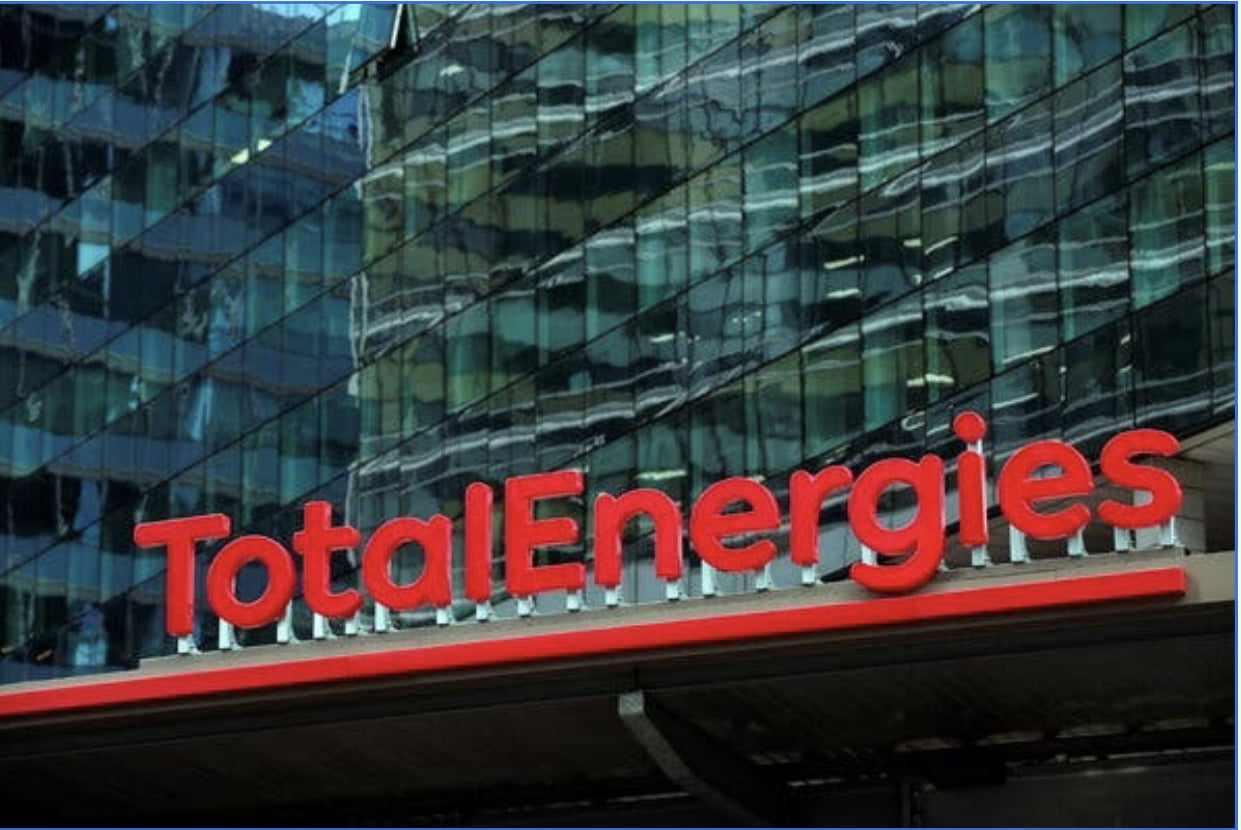Today, we are sharing an article by the New York Times.
今日はニューヨーク・タイムスの記事を紹介します。*英語に続いて日本語
An Effort to Decrease Funding to the Military
TotalEnergies, the French oil giant, and Chevron said Friday that they would begin taking steps to withdraw from an offshore natural gas field in Myanmar that is a critical source of energy for both the host country and neighboring Thailand.
TotalEnergies said it was responding to a deterioration of the human rights situation and the “rule of law” in Myanmar since the military coup in February. The situation had reached a point, the company said, where it could no longer “make a sufficiently positive contribution in the country.” Since the coup, the military regime has waged a brutal crackdown on protests. Soldiers and the police have killed at least 1,488 civilians, according to the Assistance Association for Political Prisoners.
Chevron and TotalEnergies argued in the past that their presence was beneficial to the people of Myanmar and that shutting off the flow of gas would increase hardship. Chevron says the gas from the Yadana field generates electric power for roughly half the population of Yangon, Myanmar’s largest city, as well as supplying Thailand.
“Effectively turning off the power to half of Yangon’s homes, schools and hospitals — in the middle of a state of emergency and a pandemic — risks creating even more hardship,” Chevron said in a briefing note published in May on the company’s website.
Last year, Chevron waged a vigorous lobbying campaign in Washington to prevent the White House from imposing sanctions in Myanmar that could disrupt the gas operations at the Yadana field and worsen the crisis for people who rely on the power.
The companies, though, have evidently decided that they have no choice but to yield to pressure from human rights groups and others to prepare to abandon a project that provides financial sustenance for Myanmar’s military.
Total, which is the operator or manager of Yadana, said it would withdraw after six months without compensation. Chevron said it was reviewing its interest in the project to “enable a planned and orderly transition that will lead to an exit from the country.”
The departures are not likely to be a major financial hit for either company. Chevron obtains only about 1.5 percent of its global gas output from Myanmar. TotalEnergies owns about 31 percent of the project, which dates to the 1990s, while the rest is owned by Chevron (28 percent); a subsidiary of Thailand’s energy company, PTT (26 percent); and the Myanmar national oil company (15 percent).
On the other hand, a stoppage of gas exports to Thailand, a major consumer, could have an impact on the already heated market for the fuel.
“Any disruption would further tighten an international gas market where there is already considerable supply anxiety,” said Neil Beveridge, an analyst at Bernstein, a research firm.
Still, it is not clear that the exit of Total and Chevron would lead to an end to the flows of gas or of funds to the military regime. Thailand’s PTT could take over operating the project. And TotalEnergies said in its news release that stopping revenue going to the Myanmar government from Yadana was “materially impossible” because the Thai company made most of the payments from gas sales from the project.
軍の資金源を減らす動き
大手石油会社であるフランスのトタルエナジーズ社とアメリカのシェブロン社は金曜日、ミャンマーの海上天然ガス田から撤退するための手続きを開始すると発表した。
トタルエナジーズ社は、2月の軍事クーデター以降、ミャンマーの人権状況と「法の支配」が悪化し、「同国に十分な貢献をすることができない」状況になったとしている。クーデター以降、軍事政権は市民の抗議活動に対して残忍な弾圧を行ってきた。AAPP(政治犯支援協会)によると、国軍兵士や警察は少なくとも1,488人の民間人を殺害していると言う。
シェブロン社とトタルエネジーズ社はこれまで、自分たちの存在はミャンマーの人々にとって有益であり、ガスの流れを止めれば苦難が増すと主張してきた。シェブロン社によると、ヤダナ油田からのガスは、ミャンマー最大の都市ヤンゴンの人口の約半分に電力を供給しているほか、タイにも供給しているという。
「非常事態とパンデミックの最中に、ヤンゴンの家庭、学校、病院の半分の電力を実質的に停止することは、さらなる苦難をもたらす危険性がある」と、シェブロン社は5月に同社のウェブサイトで述べていた。さらに、昨年はワシントンで精力的にロビー活動を展開し、ヤダナ油田のガス操業を中断させ、電力に頼る人々の危機を悪化させる可能性のあるミャンマーへの制裁措置をホワイトハウスが発動するのを阻止している。
しかし、各社は、人権団体などの圧力に屈して、ミャンマー軍部の資金源となっているプロジェクトを放棄する準備をしなければならないと判断したようである。
ヤダナ油田の管理運営を担っているトタル社は、6ヶ月後に補償なしで撤退すると発表した。シェブロンは、「この国からの撤退につながる計画的で秩序ある移行を可能にするために 」プロジェクトへの関心を見直していると述べた。
今回の撤退は、どちらの会社にとっても大きな経済的打撃にはならないだろう。シェブロンはミャンマーから全世界のガス生産量の約1.5%しか取得していない。トータルエナジー社は、1990年代に始まったこのプロジェクトの約31%を所有しており、残りはシェブロン社(28%)、タイのエネルギー会社PTTの子会社(26%)、ミャンマー国営石油会社(15%)が所有している。
一方で、大口消費者であるタイへのガスの輸出が止まれば、すでに過熱している燃料市場に影響を与える可能性があるという。
調査会社バーンスタインのアナリスト、ニール・ベバリッジ氏は、「いかなる混乱も、すでにかなりの供給不安がある国際的なガス市場をさらに引き締めることになる」と述べている。
しかし、トタルとシェブロンが撤退したからといって、軍事政権へのガスや資金の流れが止まるかどうかはわからない。タイのPTTがこのプロジェクトの運営を引き継ぐ可能性もある。また、TotalEnergies社はニュースリリースの中で、ヤダナからミャンマー政府に入る収入を止めることは、タイの会社がプロジェクトからのガス販売でほとんどの支払いを行っているため、「実質的に不可能」だと述べている。




